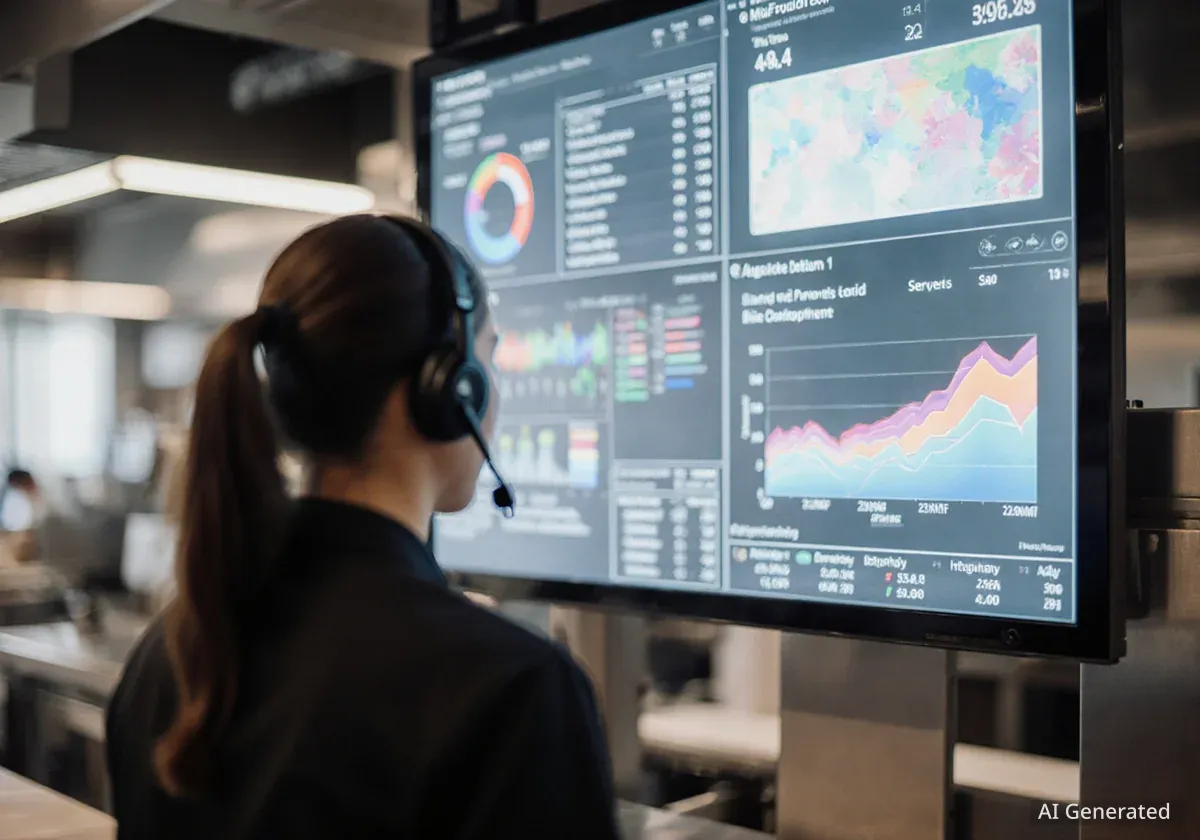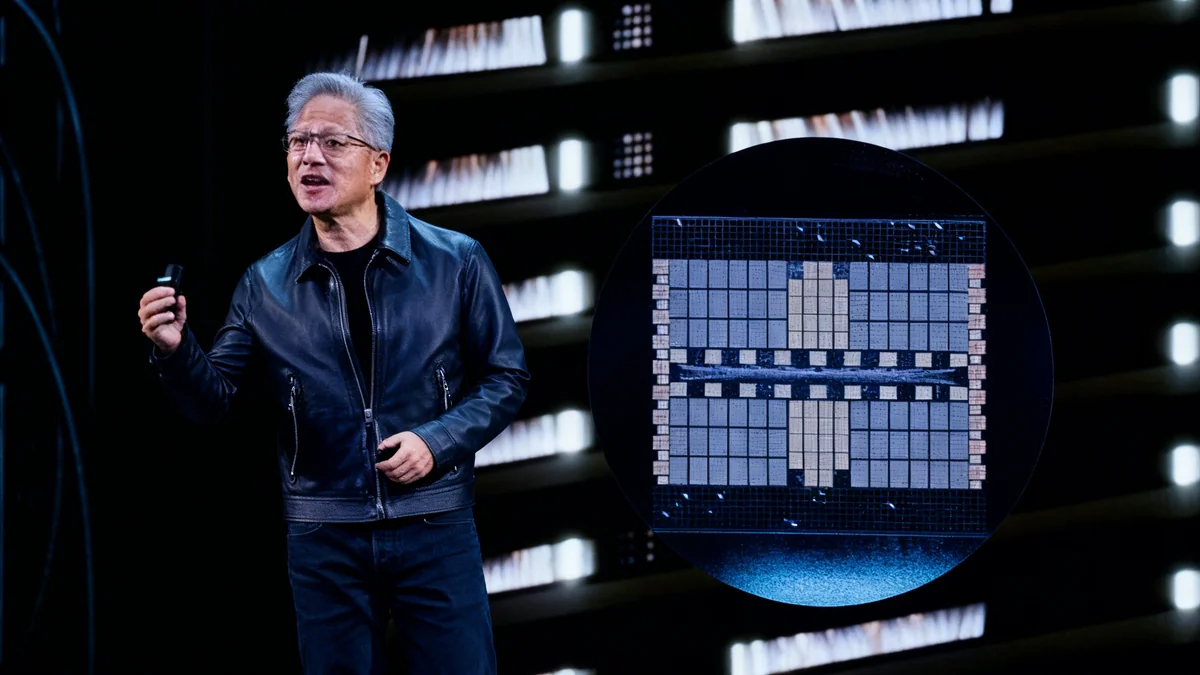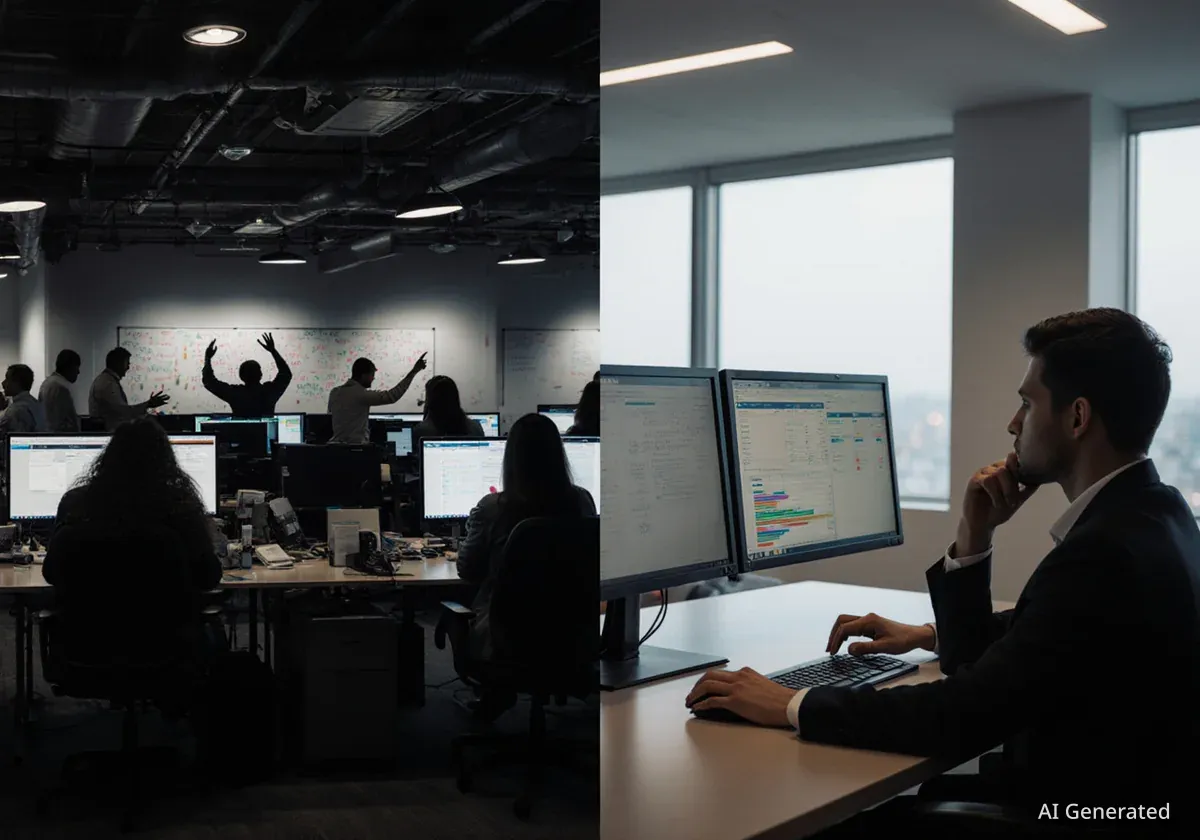The Martin Trust Center for MIT Entrepreneurship is navigating the integration of artificial intelligence into its programs, demonstrating through its delta v summer accelerator that while AI is a powerful tool, it does not replace the fundamental principles of building a business. The center advocates for a balanced approach, where technology accelerates processes but founders remain focused on direct customer engagement.
Key Takeaways
- MIT's delta v accelerator shows how startups are using AI for tasks like coding, research, and drafting presentations.
- The Martin Trust Center views AI as a tool that enhances, but does not alter, the core tenets of entrepreneurship.
- A key emphasis remains on founders directly interacting with customers to validate ideas, a task AI cannot replace.
- The center developed its own AI app, Jetpack, to guide students through established entrepreneurial frameworks.
- Despite AI's efficiency gains, startups in the program still face traditional challenges like customer identification and team dynamics.
A New Tool in the Entrepreneur's Toolkit
As artificial intelligence continues to reshape industries, its impact on the process of creating a startup is a central topic at MIT's Martin Trust Center for MIT Entrepreneurship. Leaders at the center, however, present a measured perspective on the technology's role.
"The fundamentals of entrepreneurship haven’t changed with AI," stated Macauley Kenney, an Entrepreneur in Residence at the Trust Center. Kenney explained that the shift is in how entrepreneurs complete tasks, not in the foundational principles themselves. This philosophy was evident throughout the recent delta v summer accelerator program.
Participants in the 2025 cohort consistently used AI tools to streamline their operations. They accelerated coding projects, drafted initial presentations, conducted market research, and brainstormed new ideas. The Trust Center encourages this adoption while reminding students to remain aware of the technology's inherent limitations.
The Jetpack Initiative and Guided AI
The Trust Center has not only encouraged the use of AI but has also actively integrated it into its teaching methods. The most significant example is Jetpack, a proprietary generative AI application designed to support student entrepreneurs.
Jetpack guides users through the 24 steps of disciplined entrepreneurship, a framework detailed in Managing Director Bill Aulet’s book on the subject. When a student inputs a startup concept, the application can generate suggestions for customer segments, potential early markets, business models, and product plans.
How Jetpack Works
The AI tool is trained on key entrepreneurial texts, including Bill Aulet’s “Disciplined Entrepreneurship” and Paul Cheek’s “Startup Tactics.” Its purpose is to provide a structured starting point, not a final answer. The name "Jetpack" was chosen to signify acceleration, emphasizing that the user must still provide the direction.
Ben Soltoff, another Entrepreneur in Residence, acknowledged the current technological shift. "It’s undeniable we’re in the midst of an AI revolution right now," Soltoff said. "AI is reshaping a lot of things we do, and it’s also shaping how we do entrepreneurship and how students build companies."
Understanding AI's Strengths and Weaknesses
The curriculum for the delta v program is continuously updated to reflect the evolving capabilities of AI. The program's organizers have made AI a central topic during strategic planning retreats, ensuring students receive relevant guidance.
Despite the advanced tools, the center's leaders caution against overreliance. Kenney highlighted the need for verification. "You need to verify everything when you are using AI to build a business," she noted. "Sometimes, the verification can take longer than if you had done the research yourself from the beginning."
"If you try to build a tool for an average person, you may build a tool for no one at all."
Kenney also pointed out a structural issue with many large language models. Because they are often built on averages, their outputs can be less effective for entrepreneurs targeting a highly specific niche. An average customer profile is not a substitute for a validated, specific customer persona.
Founder Perspective on AI
Aanchal Arora, an MBA student and founder of Mendhai Health, a company using AI for personalized physical therapy, commented on the balance. "AI has definitely made the entrepreneurial process more efficient and faster," Arora said. "Still, overreliance on AI, at least at this point, can hamper your understanding of customers. You need to be careful with every decision you make."
AI-Native Startups and Human-Centric Values
While some teams use AI as a supplementary tool, others are building their entire business around it. Murtaza Jameel, an MIT Sloan MBA candidate, described his company, Cognify, as an "AI-native business." Cognify uses AI to simulate user interactions with digital products to improve user experience.
"We’re building a design intelligence tool that replaces product testing with instant, predictive simulations of user behavior," Jameel explained. His team integrates AI into every facet of the company, from ideation and programming to go-to-market strategies. He even uses a custom AI bot, trained on company data, as a daily thought partner.
Even with this deep integration of technology, Jameel emphasized the value of the human element provided by the delta v program.
"The program gives you incredible access to resources — networks, mentorship, advisors," he said. "Some of the top folks in our industry are advising us now on how to build our company... These are folks who have done what you’re doing 10 or 20 years ago, all just rooting for you. That’s why I came to MIT."
Enduring Entrepreneurial Challenges
Ultimately, the experience of the 2025 delta v cohort suggests that technology has not eliminated the fundamental hurdles of entrepreneurship. The core challenges remain deeply human and strategic.
"AI alone can’t tell you who your customer is, what they want, and how you can better serve their needs," Soltoff stated. "You need to go out into the world to make that happen." This principle—getting out of the building to talk to real customers—remains the central pillar of the Trust Center's curriculum.
According to Kenney, the primary struggles for the student teams were familiar ones. "The companies are still building and encountering the same challenges of customer identification, beachhead market identification, team dynamics," she observed. "Those are still the big meaty challenges they’ve always been working on."
The program demonstrates that while AI can provide unprecedented speed and efficiency, it serves as a co-pilot. The entrepreneur must still navigate the complex terrain of market needs, human relationships, and strategic decision-making.





